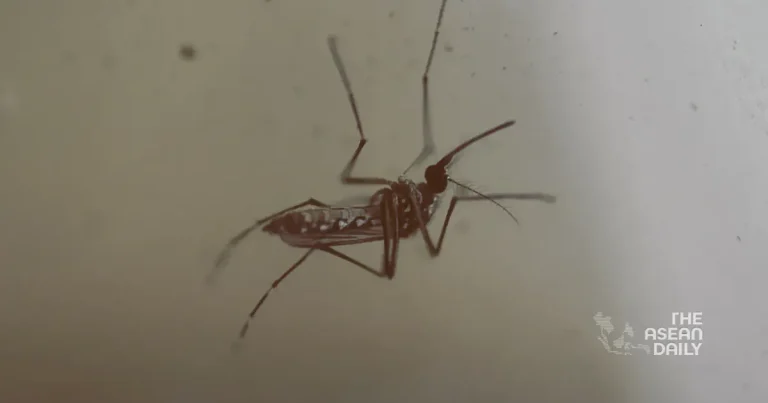25-11-2024 (SINGAPORE) Singapore’s groundbreaking Project Wolbachia is set for a major expansion, with plans to reach 800,000 households – representing 50 per cent of the nation’s residences – by 2026, Minister for Sustainability and the Environment Grace Fu announced today.
Speaking at the 8th Singapore International Dengue Workshop, Fu revealed compelling results from a recent multi-site field study, demonstrating that areas implementing the Wolbachia programme showed a remarkable 75 per cent reduction in dengue infection risk. This reduction stems from an 80 to 90 per cent decrease in the Aedes aegypti mosquito population.

The innovative project, launched in 2016, involves releasing male Aedes aegypti mosquitoes carrying the Wolbachia bacteria. These males mate with wild female mosquitoes, resulting in unviable eggs that fail to hatch. Importantly, male mosquitoes pose no direct risk to humans as they exclusively feed on plant nectar.
Perhaps most striking is the programme’s “spillover effect,” with neighbouring communities experiencing a 45 per cent lower dengue risk despite not being direct release sites. This unexpected benefit has prompted authorities to accelerate the programme’s expansion.
The National Environment Agency (NEA) has already achieved coverage of 520,000 households, with plans to reach 580,000 by early 2025. To support this ambitious scaling, authorities will enhance capacity at existing production facilities and establish a third facility.
The programme’s success has been particularly evident in recent years, with Singapore avoiding anticipated dengue surges in 2023 and 2024 despite challenging conditions including low population immunity and high mosquito counts in non-release areas.
In a significant strategic shift, the NEA will now pilot Wolbachia releases in areas experiencing active dengue outbreaks, moving beyond its traditional preventative application. This new approach could revolutionise outbreak management if successful.

Five additional deployment sites have been announced for the programme’s next phase, including Serangoon Central, Serangoon North, Jurong East, Jurong West, and an expanded presence in Hougang.
The NEA cautions that while the technology typically requires three months to achieve significant mosquito population reductions, its implementation represents a crucial long-term investment in public health protection. The agency’s production capabilities have increased forty-fold since the project’s inception, thanks to automated processes replacing manual operations.




